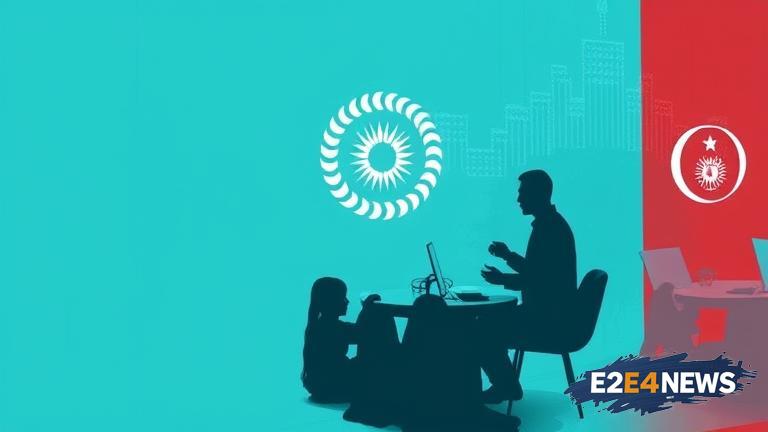Azerbaijan has embarked on an ambitious education project designed to significantly enhance digital literacy and skills among its population. This initiative is part of a broader strategy to ensure that the country’s workforce is well-equipped to thrive in the digital economy. By focusing on digital education, Azerbaijan aims to bridge the gap between its current digital capabilities and the demands of the rapidly evolving digital landscape. The project involves the development of comprehensive digital literacy programs tailored to different age groups and professions. It includes training modules on basic computer skills, internet safety, digital communication, and advanced topics such as data analysis and programming. The initiative also encompasses the establishment of digital hubs and innovation centers where individuals can access digital tools and resources. Furthermore, the project promotes collaboration between educational institutions, private sector companies, and government agencies to ensure a cohesive approach to digital education. Azerbaijan’s Ministry of Education has been instrumental in designing the curriculum and implementing the project, working closely with international partners to leverage best practices in digital education. The project’s impact is expected to be significant, with potential benefits including improved employability, enhanced economic competitiveness, and better access to digital services for all citizens. Moreover, the initiative aligns with Azerbaijan’s vision to become a leading digital economy in the region, emphasizing the importance of digital literacy as a foundational skill for the 21st century. The government has allocated substantial resources to support the project, including investments in digital infrastructure and the training of educators. Additionally, public awareness campaigns are being conducted to encourage participation and highlight the benefits of digital literacy. The project’s success will be monitored through a set of key performance indicators, including the number of participants, the level of digital skills achieved, and the impact on employment and economic growth. Azerbaijan’s experience in implementing this project is likely to serve as a model for other countries seeking to enhance their digital literacy and competitiveness. The country’s strategic location at the crossroads of Europe and Asia also positions it as a potential hub for digital innovation and trade. In conclusion, Azerbaijan’s innovative education project represents a critical step towards achieving its digital ambitions and ensuring that its citizens are empowered to succeed in the digital age. With its comprehensive approach, strong partnerships, and significant investment, the project is poised to make a lasting impact on the country’s digital landscape. As the project progresses, it will be important to continue monitoring its effectiveness and making adjustments as necessary to ensure that it meets its objectives. The long-term benefits of this initiative are expected to be profound, contributing to Azerbaijan’s economic growth, social development, and global competitiveness. By prioritizing digital literacy, Azerbaijan is not only enhancing the skills of its workforce but also fostering a culture of innovation and entrepreneurship. This, in turn, is likely to attract foreign investment, stimulate local businesses, and create new opportunities for economic development. Overall, the project is a testament to Azerbaijan’s commitment to embracing the digital revolution and ensuring that its citizens are equipped to thrive in a rapidly changing world.





